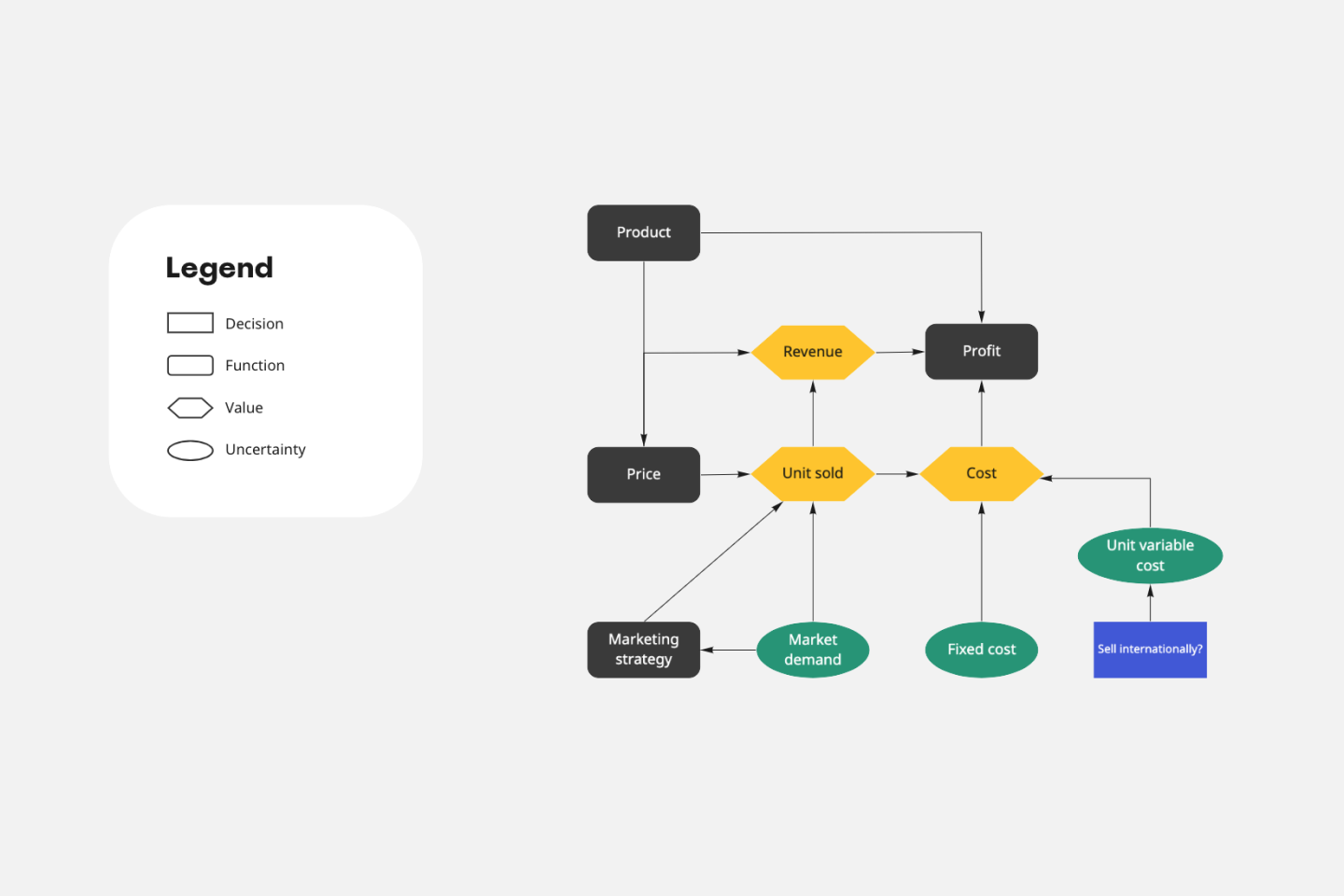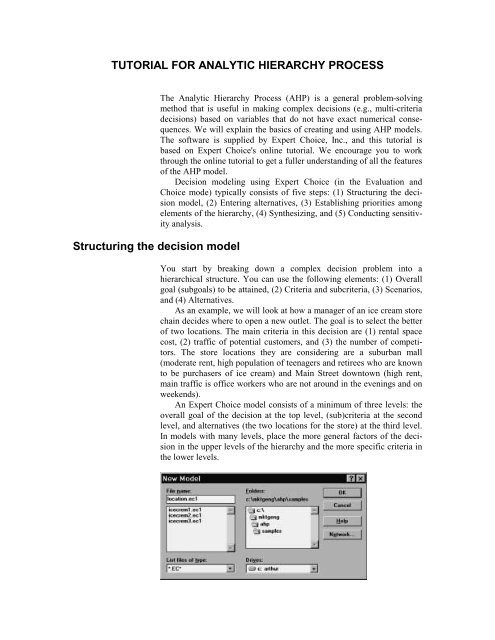
Using ML_CDSS in medical practice requires the physician to pay special attention to those facts of the individual case that cannot be comprehensively considered by ML_CDSS, for example, the patient’s personality, life situation or cultural background. Each of these five key aspects are then analysed regarding the usage of ML_CDSS, thereby integrating the perspectives of professionalisation theory and medical ethics. Professionalisation theory is introduced by presenting five general structural features of professionalised medical practice: (i) the patient has a concern (ii) the physician deals with the patient’s concern (iii) s/he gives assistance without patronising (iv) s/he regards the patient in a holistic manner without building up a private relationship and (v) s/he applies her/his general expertise to the particularities of the individual case.
#Decision lens vs expert choice professional#
Professionalisation theory, as a distinct sociological framework, provides an elaborated account of what constitutes client-related professional action, such as medical action, at its core and why it is more than pure expertise-based action. This article aims to add to the ethical discussion by using professionalisation theory as an analytical lens for investigating how medical action at the micro level and the physician–patient relationship might be affected by the employment of ML_CDSS. From an ethical perspective, however, the usage of ML_CDSS in medical practice touches on a range of fundamental normative issues.



Some studies even indicate that ML_CDSS may surpass physicians’ competencies regarding specific isolated tasks. Machine learning-based clinical decision support systems (ML_CDSS) are increasingly employed in various sectors of health care aiming at supporting clinicians’ practice by matching the characteristics of individual patients with a computerised clinical knowledge base.


 0 kommentar(er)
0 kommentar(er)
